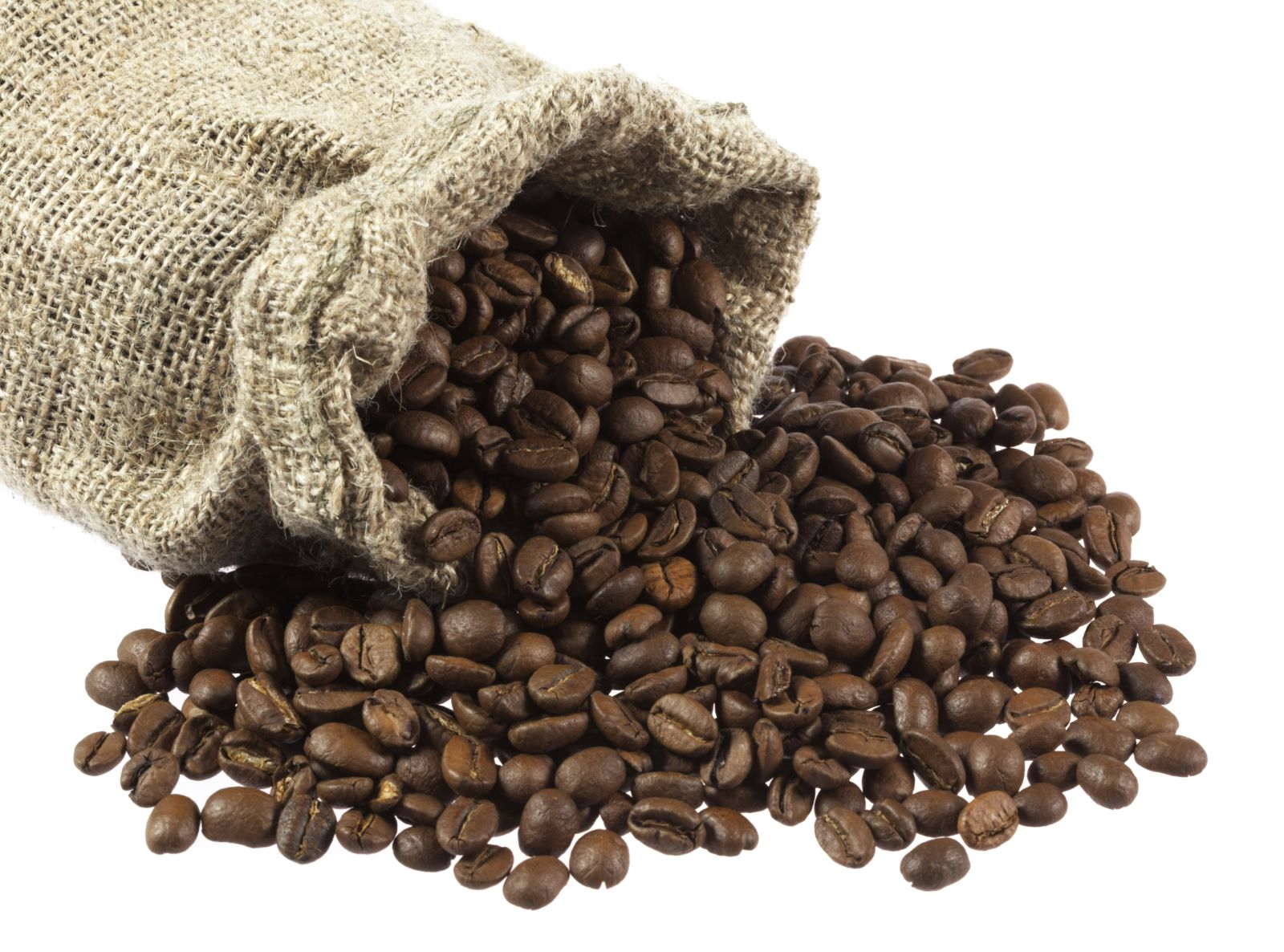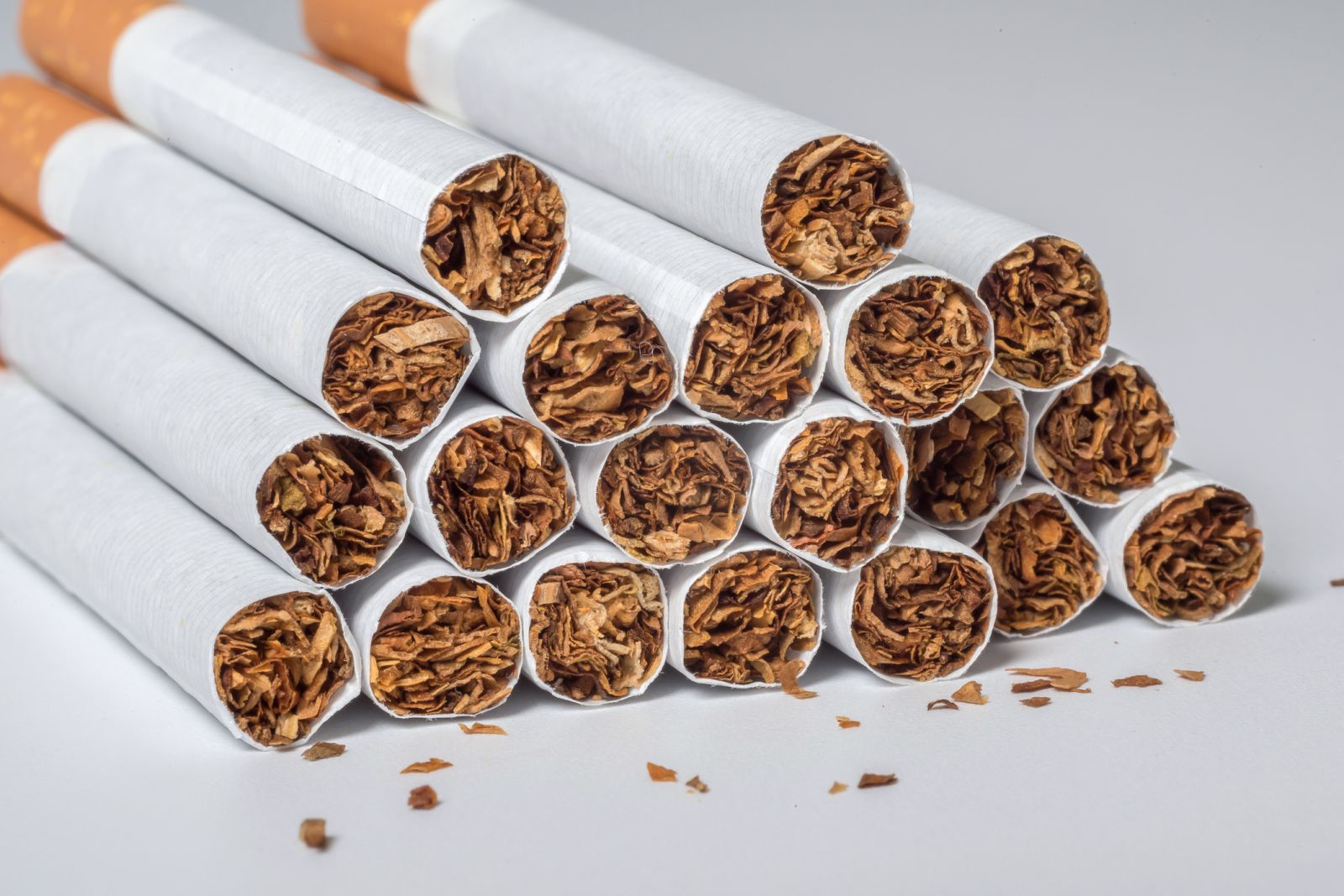
December arabica coffee (KCZ24) Thursday closed down -4.45 (-1.73%), and November ICE robusta coffee (RMX24) closed down -190 (-3.72%).
Coffee prices today extended Wednesday's selloff, with arabica falling to a 1-1/2 week low and robusta falling to a 3-week low. Coffee fell Thursday on negative carryover from Wednesday when the European Commission postponed an anti-deforestation law for one year. The legislation, scheduled to go into effect December 30, is aimed at curbing forest clearance in countries that send products, including coffee, to the EU. The postponement of the law allows certified coffee stockpiles held at European warehouses to be used to satisfy contracts, reducing concerns that the new law would lead to the decertification of the coffee and limit existing coffee supplies.
Coffee prices were also under pressure Thursday after the Brazilian real (^USDBRL) fell to a 1-week low against the dollar. The weaker real encourages export selling by Brazil's coffee producers.
Last Thursday, Dec arabica coffee soared to a 13-year nearest-futures high, and Nov robusta rose to a contract high. Coffee prices recently saw strength as adverse weather in key coffee-producing countries threatened global coffee production.
Brazil has been facing the driest weather since 1981, according to the natural disaster monitoring center Cemaden. Rainfall in Brazil has consistently been below average since April, damaging coffee trees during the all-important flowering stage and reducing the prospects for Brazil's 2025/26 arabica coffee crop. Somar Meteorologia reported today that Brazil's Minas Gerais region received no rain over the past week, or 0% of the historical average. Minas Gerais accounts for about 30% of Brazil's arabica crop.
Robusta coffee prices are underpinned by fears that excessive dryness in Vietnam will damage coffee crops and curb future global robusta production. Vietnam's agriculture department said on March 26 that Vietnam's coffee production in the 2023/24 crop year dropped by -20% to 1.472 MMT, the smallest crop in four years, due to drought. The USDA FAS on May 31 projected that Vietnam's robusta coffee production in the new marketing year of 2024/25 will dip slightly to 27.9 million bags from 28 million bags in the 2023/24 season. Last Wednesday, the General Department of Vietnam Customs reported that Vietnam's August coffee exports fell -9.9% y/y to 76,214 MT and that Vietnam's Jan-Aug coffee exports fell -12.1% y/y to 1.06 MMT.
In a supportive factor for coffee prices, Conab, Brazil's crop forecasting agency, cut its 2024 Brazil coffee production forecast on September 19 to 54.8 million bags from 58.8 million bags forecast in May.
On September 10, Cecafe reported that Brazil's Aug green coffee exports rose +1.4% y/y to 3.41 million bags. The rise in Brazil's green coffee exports was consistent with other recent news showing higher exports. The Brazilian Trade Ministry reported on August 7 that Brazil's July coffee exports rose +44% y/y to 202,000 MT. Also, Cecafe reported on July 11 that Brazil's 2023/24 coffee exports rose +33% y/y to a record 47.3 million bags. On a global basis, the International Coffee Organization (ICO) reported on September 6 that global coffee exports rose +12.2% y/y in July to 11.29 million bags and that global exports during Oct-July rose +10.5% y/y to 115.01 million bags.
A rebound in ICE coffee inventories from historically low levels is negative for prices. On September 12, ICE-monitored arabica coffee inventories rose to a 1-1/2 year high of 858,474 bags, up from the 24-year low of 224,066 bags posted in November 2023. Also, ICE-monitored robusta coffee inventories on July 25 rose to a 1-year high of 6,521 lots, up from the record low of 1,958 lots posted in February 2024.
In a bearish factor, the International Coffee Organization (ICO) said on May 3 that 2023/24 global coffee production climbed +5.8% y/y to 178 million bags due to an exceptional off-biennial crop year. ICO also said global 2023/24 coffee consumption rose +2.2% y/y to 177 million bags, resulting in a 1 million bag coffee surplus.
The USDA's bi-annual report on June 20 was bearish for coffee prices. The USDA's Foreign Agriculture Service (FAS) projected that world coffee production in 2024/25 will increase +4.2% y/y to 176.235 million bags, with a +4.4% increase in arabica production to 99.855 million bags and a +3.9% increase in robusta production to 76.38 million bags. The USDA's FAS forecasts that 2024/25 ending stocks will climb by +7.7% to 25.78 million bags from 23.93 million bags in 2023/24. The USDA's FAS projects that Brazil's 2024/25 arabica production would climb +7.3% y/y to 48.2 mln bags due to higher yields and increased planted acreage. The USDA's FAS also forecasts that 2024/54 coffee production in Colombia, the world's second-largest arabica producer, will climb +1.6% y/y to 12.4 mln bags.
More Coffee News from Barchart
- Sugar Prices Gain as Crude Oil Surges
- Cocoa Prices Mixed as Supply Concerns Ease and the British Pound Tumbles
- Coffee Prices Under Pressure as Supply Concerns Ease
- Corn Producer Relief Rally Underway – Will Stored Old Crop Corn Finally Be Priced?
On the date of publication, Rich Asplund did not have (either directly or indirectly) positions in any of the securities mentioned in this article. All information and data in this article is solely for informational purposes. For more information please view the Barchart Disclosure Policy here.


/Apple%20Inc%20logo%20on%20Apple%20store-by%20PhillDanze%20via%20iStock.jpg)
/Elon%20Musk%2C%20founder%2C%20CEO%2C%20and%20chief%20engineer%20of%20SpaceX%2C%20CEO%20of%20Tesla%20by%20Frederic%20Legrand%20-%20COMEO%20via%20Shutterstock.jpg)


